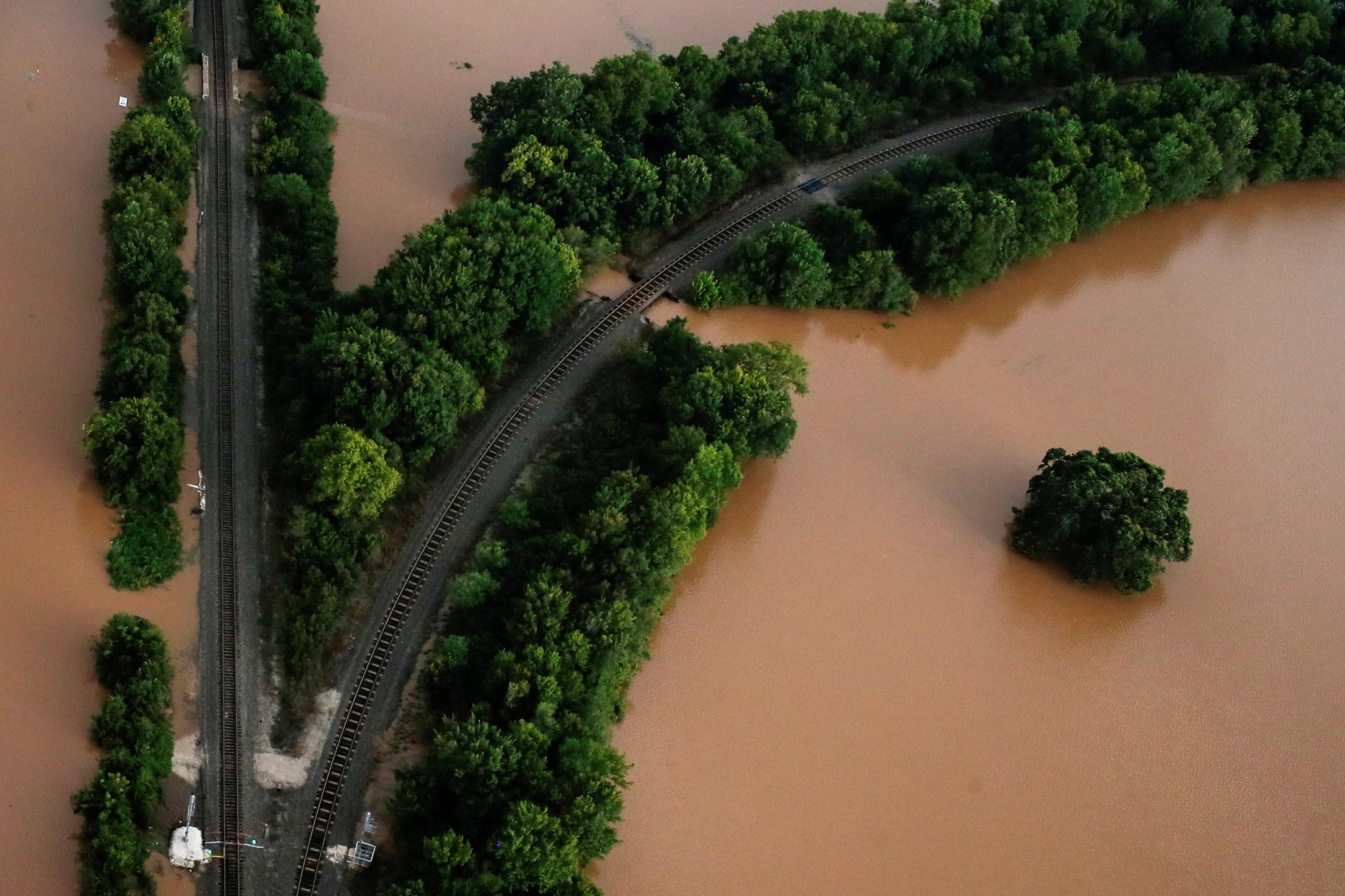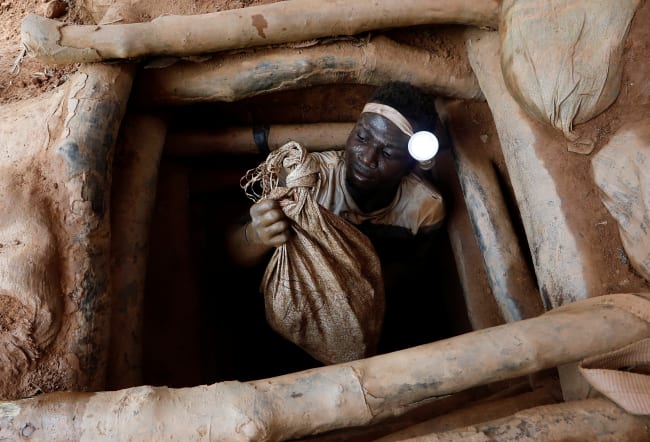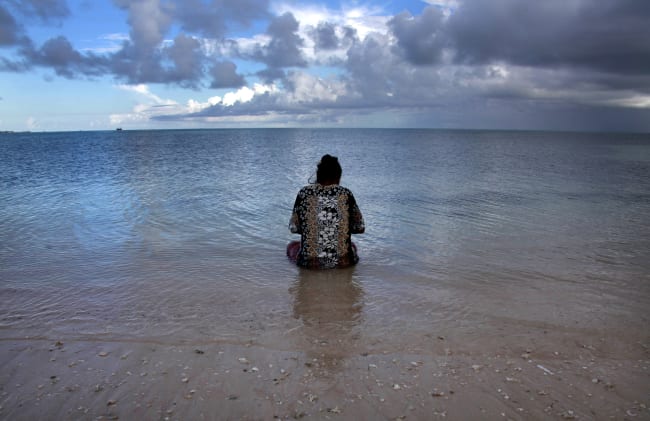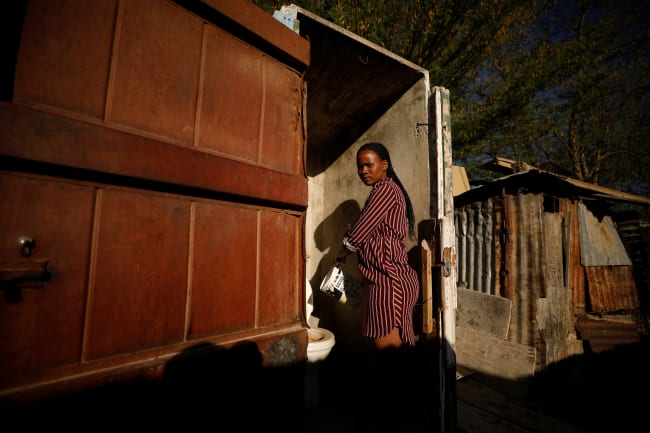Cholera was already spreading quickly in Malawi in March when Cyclone Freddy hit. One of the strongest, longest, and deadliest storms to ever pummel Africa, it's the sort of extreme weather that is becoming more common in our warming world. Mudslides set off by the cyclone killed hundreds of people, but it also decimated clean water systems, threatening to make the disease outbreak even worse.
This story is not unique—and shows how climate change is impacting human health at every turn.
Already, one in four of the world's deaths are from preventable environmental causes. Climate change is expected to contribute to an additional 250,000 deaths and destroy billions of dollars of wealth each year, contributing to a vicious cycle of poverty, insecurity, and vulnerability. Many of the countries with the largest populations of poor people and the most fragile governments are at the center of this climate-health intersection.
In this light, the news of a first-ever day at COP28 dedicated to the nexus of climate change and health is welcome — but only if accompanied by a commitment to end a pattern of expedient and poor choices.
One in four of the world's deaths are from preventable environmental causes.
The impacts of climate change on health are only worsening. Recognizing that connection will make strategies for mitigating and adapting to climate change more effective.
Strong health systems are critical. Countries that train and resource their health workforces to build resilient health systems will be able to better respond to the effects of climate change. These investments lead to better health and also grow economies, create jobs, and foster social inclusion— with returns as significant as nine to one.
Prioritizing health will help prevent backsliding on decades of progress in economic development, health improvement, and poverty reduction. Paying for health care currently pushes almost one hundred million people into extreme poverty each year; preventing some of the underlying conditions could stop this cycle of disease and impoverishment.
Realistic levels of adoption of known interventions could increase the gross domestic product of lower-income countries by $4.4 trillion by 2040, and economic return on each $1 invested in health are estimated to vary from place to place from $2 to $4.
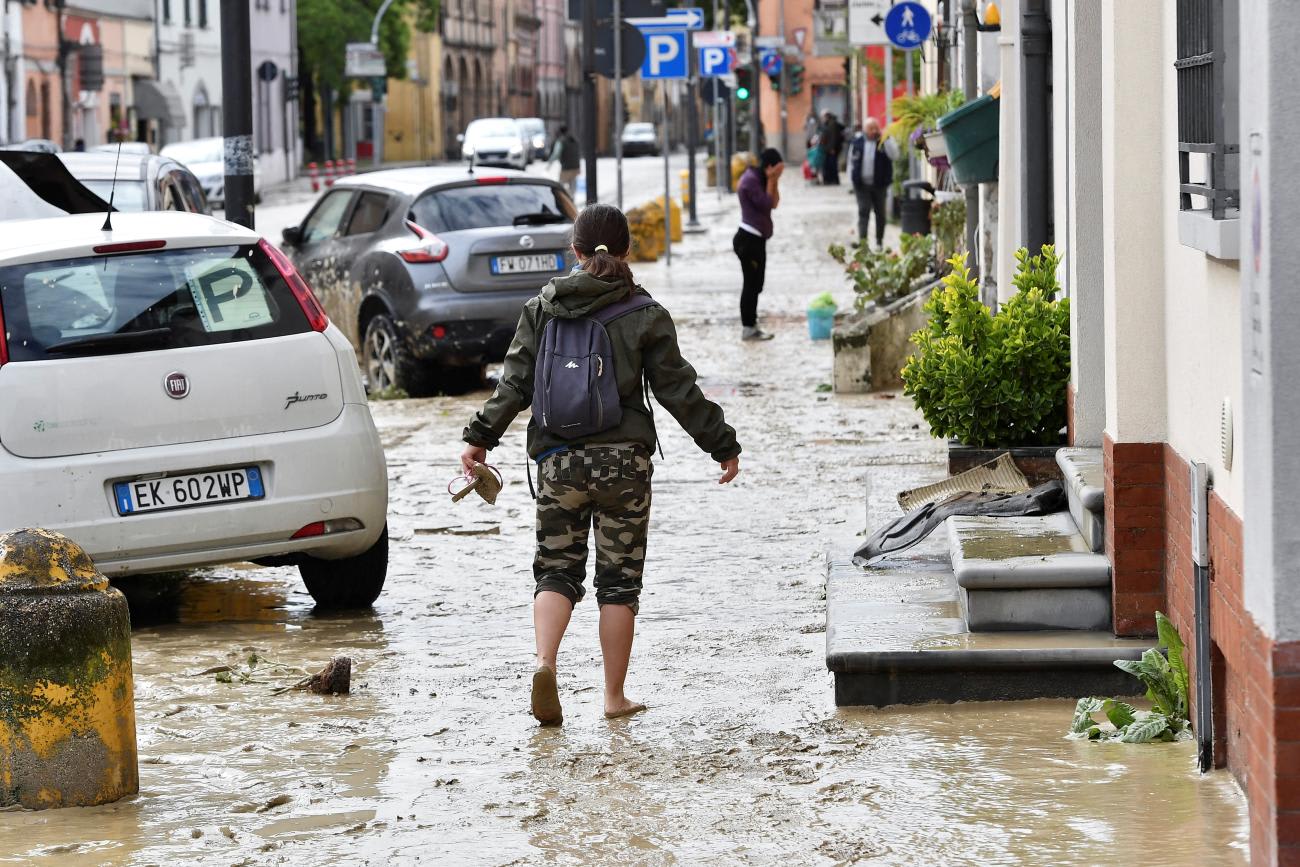
The painful truth is that a decision to invest in health and well-being through climate change cannot be deferred. Symbolic gestures and siloed responses to the threat climate change represents for human health will not get us far or get there fast enough. Health should be mainstreamed into the debate and championed by leaders, from local communities to the G7.
What does this look like? First, health needs to be included in the United Nation's Global Stocktake, and in the metrics we measure.
Second, we need a multisectoral consensus to mobilize unprecedented levels of financing for health and to identify win-win investments through current climate financing mechanisms that prioritize equity alongside mitigation and adaptation. Today, only 2 percent of adaptation funding and 0.5 percent of overall funding for climate change is allocated to health.
Third, we need to move from community engagement to true investment in community leadership. Communities' experiences are not siloed and they respond in ways that are interconnected, integrated, and transformative to their needs. Our collective global community needs to respond in the same way.
To confront this challenge head on, we need to upend the status quo: investing for longer and in greater collaboration for better and more systemic impact, closing the fiscal gap that is limiting solutions, and dismantling the historical power structures and dynamics that determine access to resources, protection, and resilience.
This December at COP28, we have a historic opportunity to transform our response to the effects that climate change has on health. Collective progress, and our very survival, depends on it. The decisions we make will define our values for generations to come.
